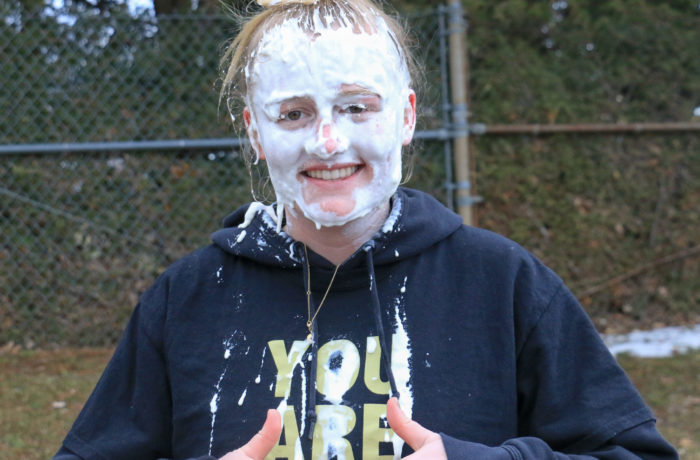
After a transformation of the Bergeron building from a high tech media hub to a zen health clinic, the Wellness Center has spent this year rebranding Bergeron as a place where students can comfortably and confidentially feel welcome at all times.
This past summer, both health services (formerly located in the basement of Alumni) and personal counseling (formerly located in Klein) merged into Bergeron, the brick building adjacent to the tennis courts. The idea was influenced by a trend among U.S. colleges to combine both physical and mental health into one body, said Director of Personal Counseling Kathy Butts. Director of Health Services Mary Masson added that some physical illnesses students experience are caused by mental illness as well, making the merge more convenient.
In the past, personal counseling has seen approximately 3,000 visits a year and health services has seen about 5,500 for physical health. However, with a new staff member added to personal counseling this year, Butts is ready to take on more students.
“The nice thing about having four staff members [in personal counseling] instead of three is that now we can have walk-ins every single day from 1:30-4:30 p.m.,” Butts said. “Something we’re really trying to do this year is become more proactive than reactive.
Having more staff also allows us to sit down and discuss ways to promote our resources — especially towards students that have harder access to us such as athletes or international students.”
However, getting the message has been an issue in the past, according to some students.
“I heard when health services and personal counseling first merged they were going to offer support programs, but I have no idea what any of them are,” said Alex Ho, ’17.
Katie O’Donoghue, ’19, similarly drew a blank. “I am aware that the Wellness Center has support programs, but I couldn’t list any of them,” she said. “I think they don’t advertise it well enough.”
One of the ways Masson is attempting to bridge the gap is through workshops with faculty, campus ministry, student life and coaches. “If they feel worried about about one of our students, we want to make sure that they know about all of the resources that are here for them,” she said.
Some of the programs offered include a tobacco cessation group, a beginner and intermediate yoga class, art studio therapy, and more (see “Need help,” right, for full details of support programs).
According to Masson, the Wellness Center sees about 80 percent of the student population per year. “People that come in always say good things about their experience,” she said. “But we want feedback from those people who don’t come in. We are always trying to do better.”
One objective Masson is currently working on is to get more people in “Stress Busters,” a program targeted at combating anxiety. However, she recognizes that there is still a stigma attached to walking into personal counseling.
“Our goal is to be an inviting, safe and confidential place students can feel comfortable coming to when they need help,” she said. “We’re here if you want us.”


